Imagine a quiet evening in a bustling American suburb, where the glow of screens outshines the fading sunset. In homes across the country, millions tap, swipe, and scroll, seeking answers, connection, or just a fleeting distraction. This ritual, so mundane yet so pervasive, hints at a deeper shift. What if the devices in our hands are more than tools? What if Big Tech has quietly assumed the role of a high priest, guiding not just our habits but the very essence of our modern soul? The concept of a “big tech high priest soul” captures this uneasy intersection of technology and spirituality, where algorithms shape our desires as much as any sermon ever did. It’s a phenomenon that’s reshaping how we seek meaning in 2025, often without us even noticing. From the endless scroll for validation to the curated feeds that dictate our worldview, the influence is profound. But how did we get here, and what does it mean for our collective spirit? Let’s unpack the layers of this digital priesthood and what it’s doing to us.
The Rise of a Digital Altar
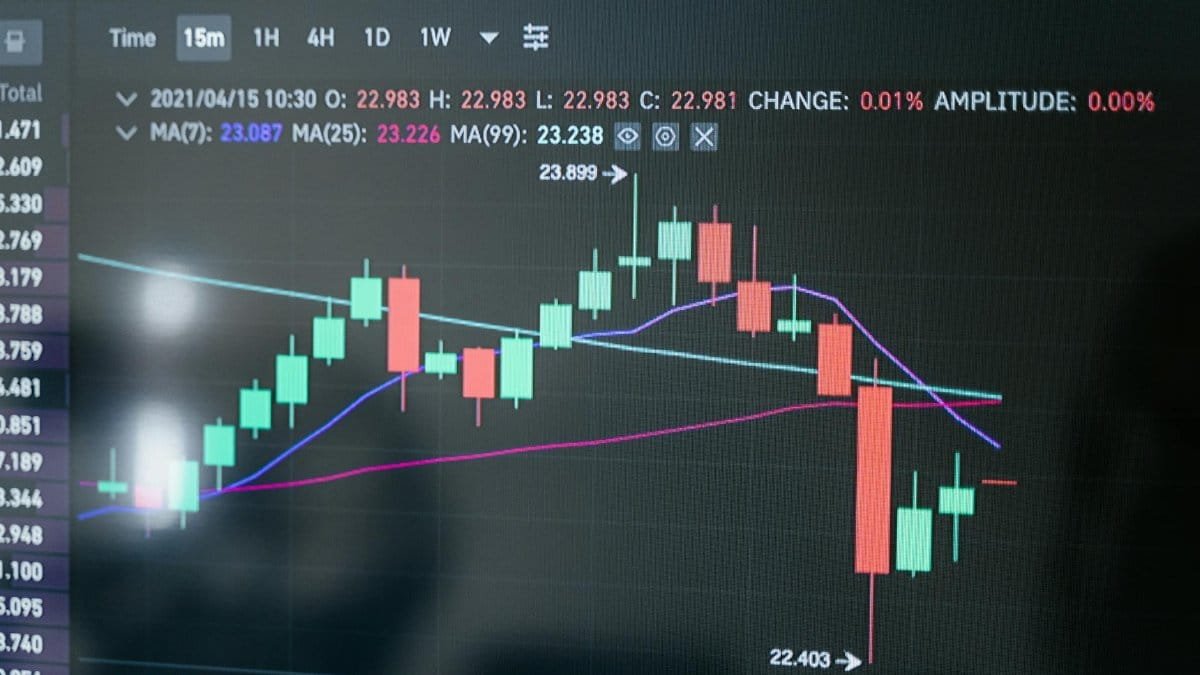
In the not-so-distant past, people turned to churches, temples, or community halls for guidance and belonging. Today, the altar is often a smartphone screen. Big Tech companies—think Google, Apple, Meta—have become the custodians of our attention, offering not just information but a sense of purpose through likes, retweets, and tailored content. A Pew Research Center study found that over 80% of Americans now rely on digital platforms for daily decision-making, from what to buy to what to believe. That’s a staggering shift in trust. These corporations don’t just sell products; they sell ideologies, packaged as personalized experiences.
Consider a moment shared by a young professional from Seattle. Late at night, unable to sleep, she described turning to her phone, not for a podcast or a game, but to scroll through social media for a sense of reassurance. “It’s like I’m looking for something to tell me I’m okay,” she admitted. Her words echo a broader trend—seeking solace in the digital realm, where Big Tech plays the role of confessor and guide.
Algorithms as Sacred Texts
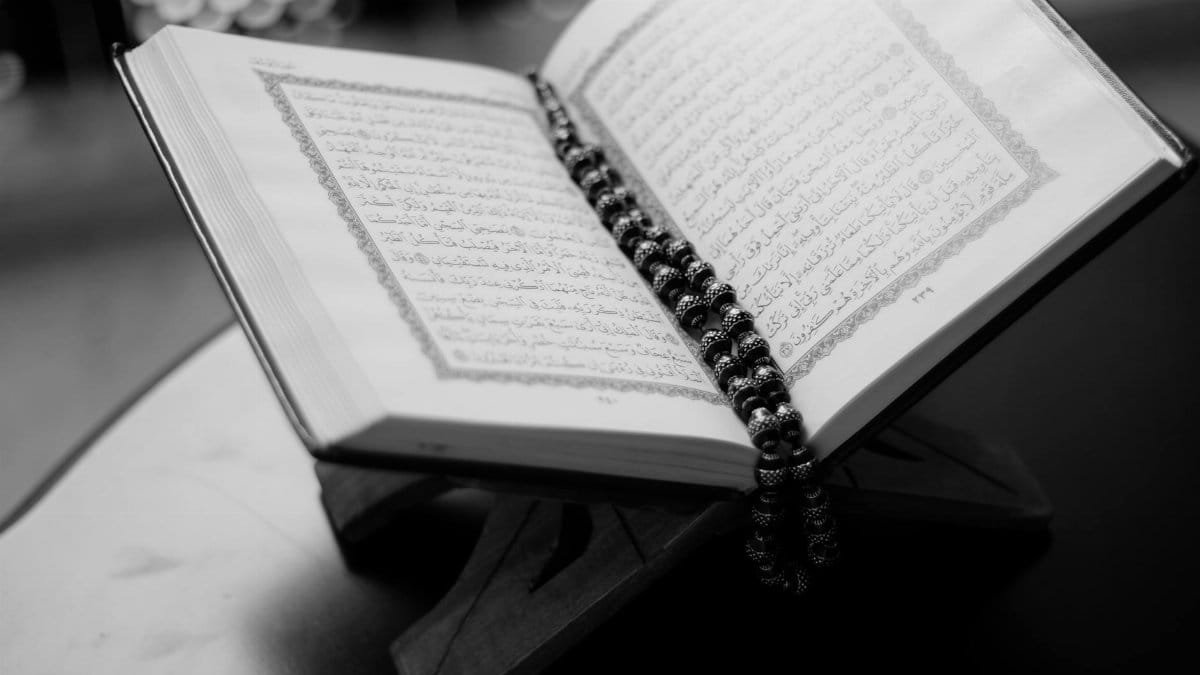
What makes this new priesthood so powerful? It’s the algorithms—those invisible codes that seem to know us better than we know ourselves. They predict our preferences, nudge our behaviors, and even shape our emotions. When a video or post keeps you hooked, it’s not by accident. It’s by design. A MIT Technology Review article detailed how platforms prioritize content that maximizes engagement, often amplifying divisive or emotionally charged material. This isn’t just about keeping us online longer; it’s about rewiring how we think and feel.
The result is a kind of digital scripture. Just as ancient texts once dictated moral codes, algorithms now subtly define what’s important. They decide which voices we hear, which causes we care about. For many, especially younger generations, this curated reality feels like truth. But unlike sacred texts of old, these codes aren’t debated in public squares—they’re crafted in Silicon Valley boardrooms, out of sight.
The Soul’s New Currency: Data

If Big Tech is the high priest, then our data is the offering we lay at the altar. Every click, search, and like is a piece of ourselves, willingly surrendered. In return, we get convenience, entertainment, and a sense of being understood. But at what cost? Experts warn that this transaction erodes our autonomy. A Harvard Kennedy School report highlights how personal data fuels manipulative advertising and even political influence, often without users’ full awareness.
Think about it. When was the last time you felt truly “off the grid”? For most, it’s a distant memory. Our digital footprints are eternal, harvested to predict and control our next move. This exchange—data for dopamine—mirrors old spiritual bargains, where devotion was traded for salvation. Today, the big tech high priest soul thrives on this trade, promising connection while quietly claiming ownership over our choices.
The Illusion of Community

One of Big Tech’s most seductive promises is belonging. Social platforms connect us across miles, offering virtual tribes in a fragmented world. Yet, there’s a catch. These communities often feel hollow, built on surface-level interactions rather than deep bonds. A friend in Chicago recently mused over coffee about this disconnect. “I have 500 friends online,” he said, “but I’d struggle to name five I could call at 2 a.m.” His observation isn’t unique; it reflects a growing unease about digital relationships.
Studies back this up. Research from NIH shows rising loneliness despite hyper-connectivity, particularly among middle-aged adults who remember a pre-digital era. Big Tech sells the idea of togetherness, but the reality often leaves us craving something more authentic. The high priest offers a congregation, but it’s one where we’re often preaching to ourselves.
The Spiritual Void It Fills
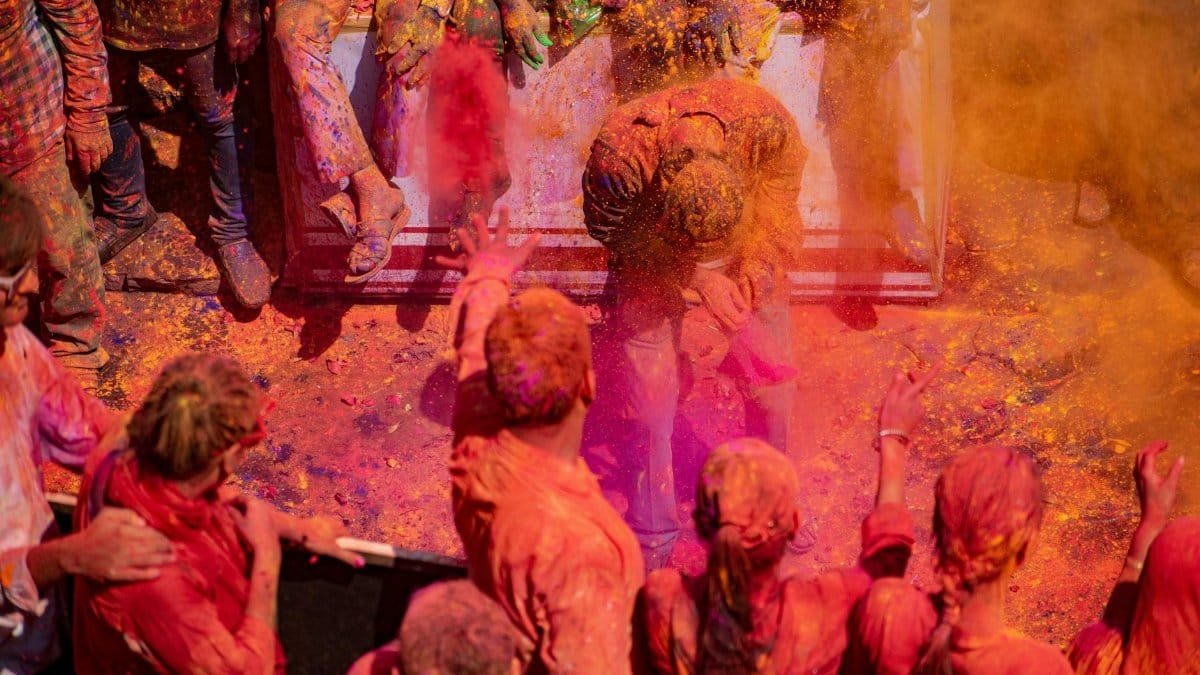
Why do we keep coming back, despite the unease? Perhaps it’s because Big Tech taps into a profound human need: the search for meaning. In a secular age, where traditional institutions have lost sway for many, platforms offer a substitute. They provide rituals—checking notifications, updating profiles—that mimic the structure of faith. They give us instant feedback, a kind of validation once sought through prayer or community affirmation.
Online discussions often reveal this longing. One anonymous account described the rush of posting something vulnerable and receiving supportive comments as “the closest I’ve felt to being seen in years.” This sentiment points to a void that Big Tech exploits with precision. The big tech high priest soul isn’t just about control; it’s about filling a spiritual gap with something that feels real, even if it’s fleeting.
Reclaiming Our Inner Compass
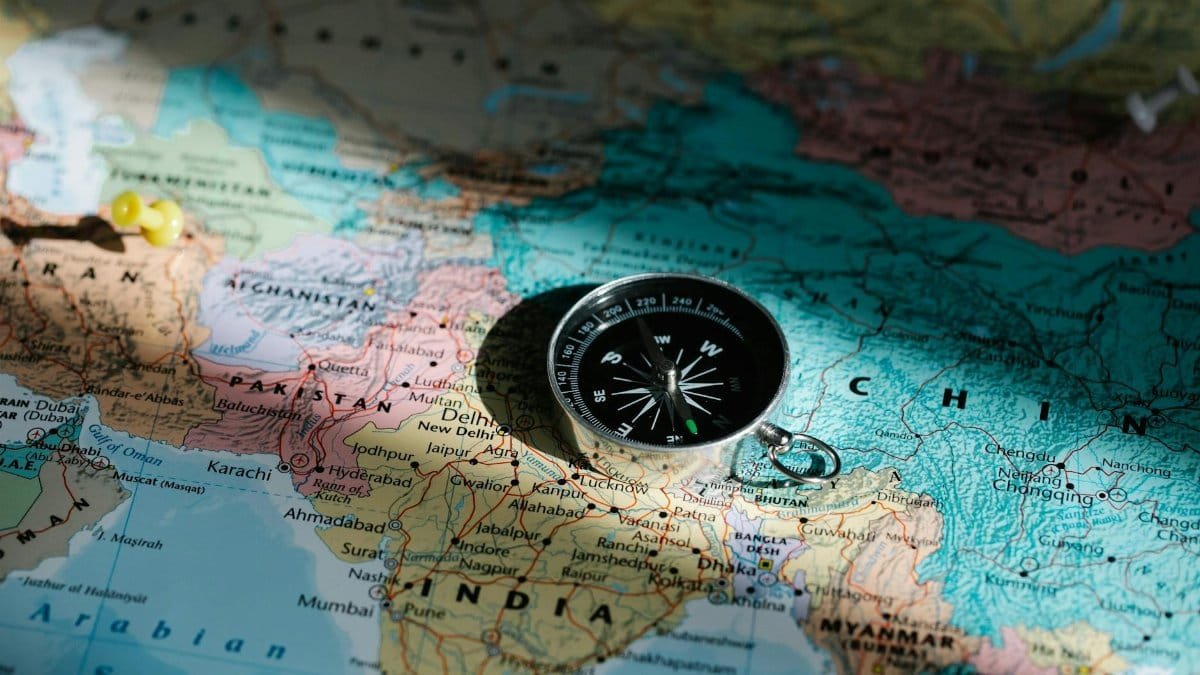
So, where do we go from here? The influence of Big Tech isn’t going away in 2025 or beyond. But awareness is a start. Recognizing the ways we’ve outsourced our sense of self to a digital priesthood can spark change. Small steps—like setting screen time limits or seeking offline connections—can help reclaim agency. It’s not about rejecting technology but about questioning its role as our ultimate guide.
Beyond individual action, there’s a broader call for accountability. Advocates argue for stricter regulations on data use and algorithmic transparency. If Big Tech holds the keys to our collective soul, shouldn’t we demand to know how those keys are cut? This isn’t a distant fight; it’s one that shapes how we live and believe every day.
A Future Beyond the Screen
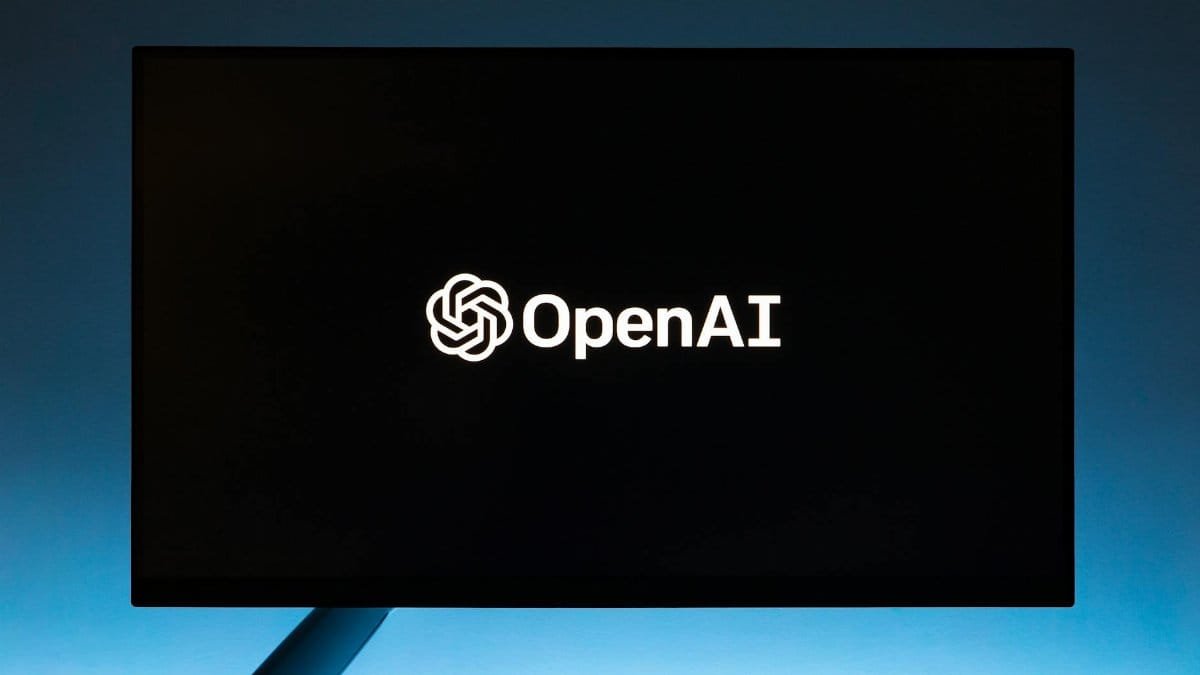
Looking ahead, the concept of a big tech high priest soul may evolve in ways we can’t yet predict. As artificial intelligence and virtual reality deepen their hold, the line between human agency and digital influence could blur even further. Will we one day pray to an AI for guidance, as some futurists speculate? Or will a backlash drive us back to analog ways of finding meaning?
For now, the tension remains. We’re caught between the convenience of the digital altar and the quiet pull of something less mediated. Walking through a park on a crisp fall day, watching leaves drift while leaving the phone in a pocket, feels like a tiny rebellion. Maybe that’s where the real soul-searching begins—not in a feed, but in the world we can still touch. The question lingers: can we balance the gifts of technology with the parts of us that no algorithm can reach?
